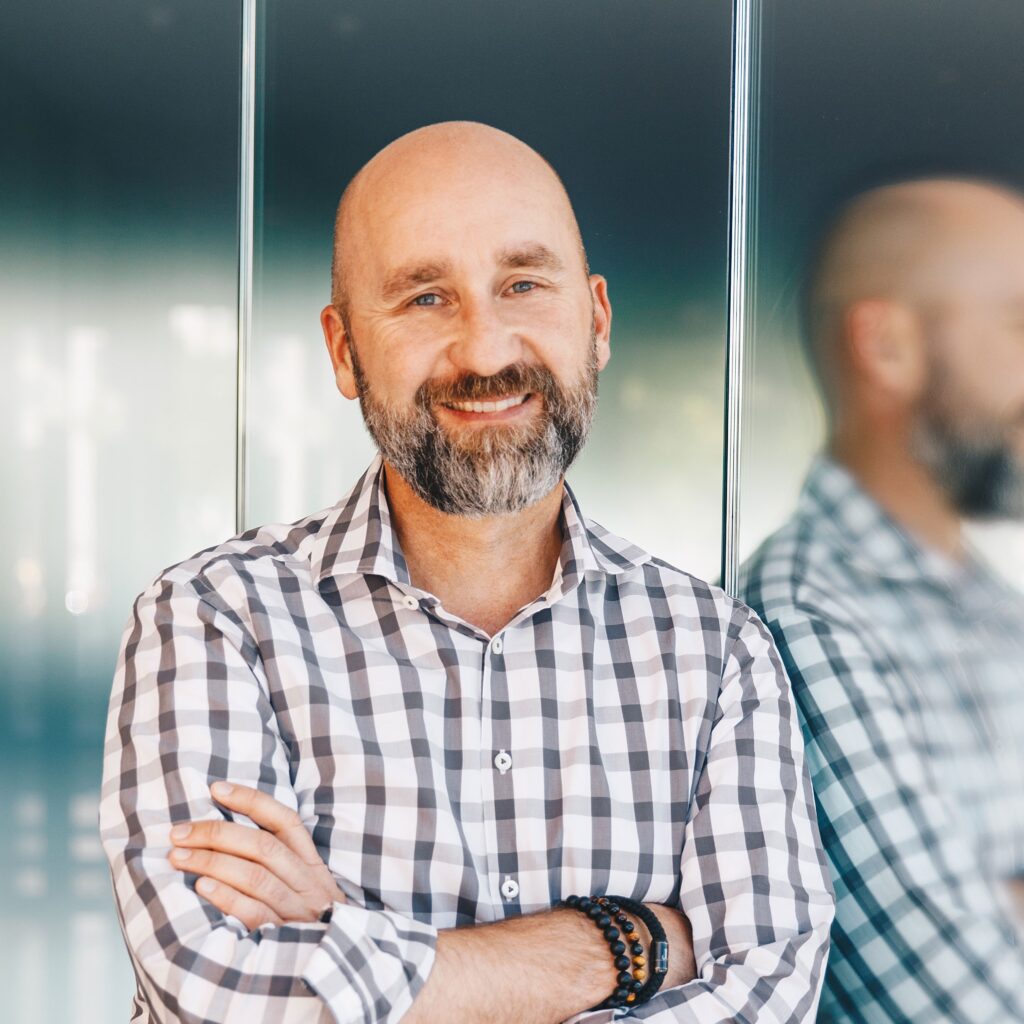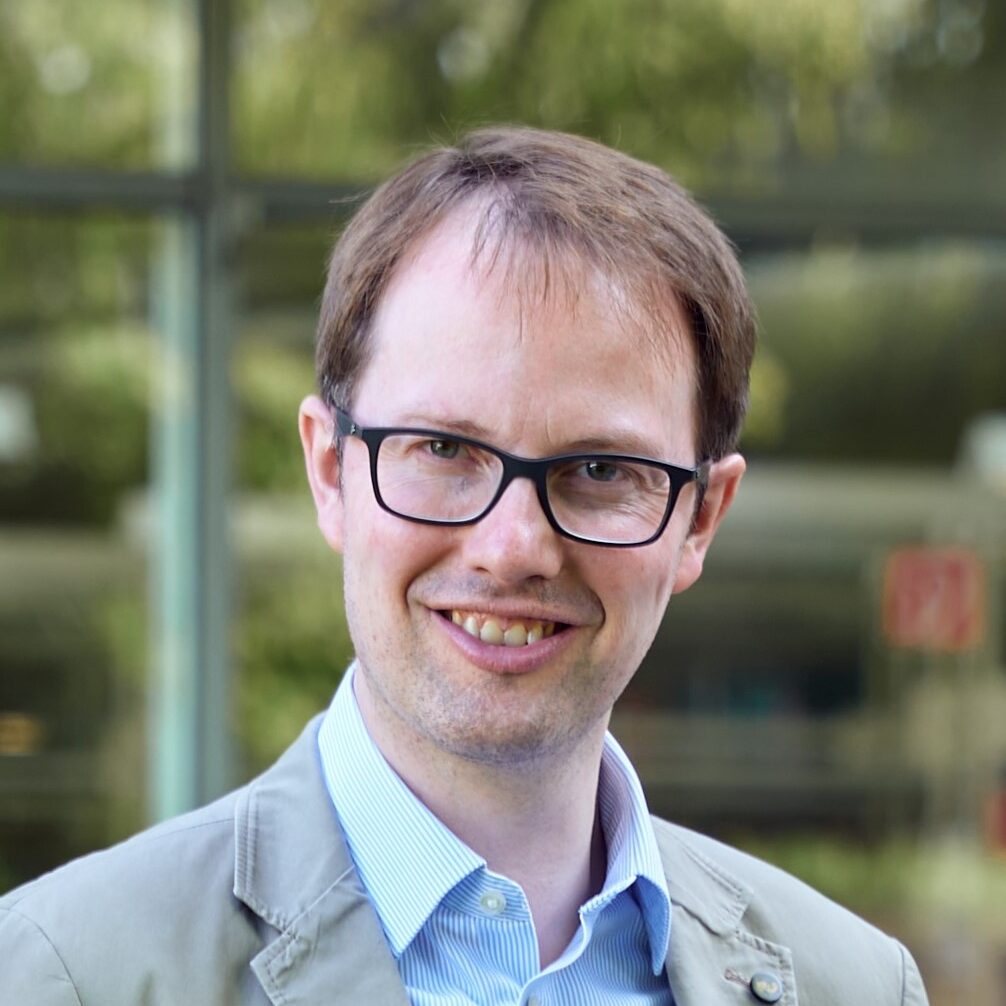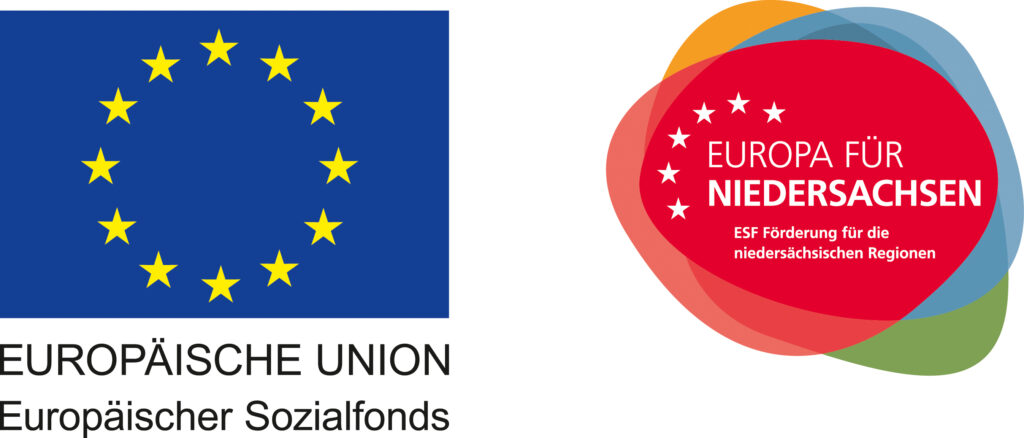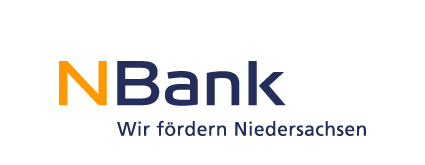Europe Up-to-Date – Circular Entrepreneurship Education PLUS
Presentation of the ESF-funded projects Circular Entrepreneurship Education and Sustainable Entrepreneurship Education.

Ideas for a more sustainable future – this is the motto of our workshop program “Circular Entrepreneurship Education”, or CEE for short. In four modules that build on each other, we bring the topics of innovation, sustainability and the circular economy to secondary schools in southern Lower Saxony and work with students to develop forward-looking solutions for everyday problems large and small.
In this video, Prof. Dr. Bernhard H. Volmar and PD Dr. Mark Euler from the ZE Centre for Entrepreneurship present the ESF-funded projects Circular Entrepreneurship Education and Sustainable Entrepreneurship Enducation.
The event was produced in cooperation between the European Information Centre (EIC) Lower Saxony and “Europe for Lower Saxony”. The event was recorded by h1.
Brief overview
The aim of the project is a sustainability-oriented entrepreneurship program as an additional offer for schools. As part of the program, we support students in developing and implementing project ideas to solve everyday and social problems. The aim is to prepare the groups so that they can put their ideas into practice after the workshop.
The program is primarily aimed at general and vocational schools in southern Lower Saxony from the 9th grade onwards. The eleventh year of general education schools and the vocational grammar school of vocational schools are particularly suitable. Vocational schools, technical colleges and vocational schools can also take part in the program. It also makes sense to use the program in school clubs and student companies.
The CEE workshop program consists of a total of four modules.
In the first workshop module, students are given an introduction to the topic of circular entrepreneurship. The composition of the term and the meaning of its individual components will be discussed. What does entrepreneurship mean and what are the different forms of entrepreneurship? How is sustainability defined and what dimensions does it have? What is social entrepreneurship? All these questions are examined using practical examples.
In the second module, students use their previously acquired knowledge to identify problems and develop solutions. To do this, they go through their everyday life step by step and recognize existing problems. The next step is to develop solutions using creative techniques.
The third workshop module serves to move from the previously developed idea to the business model. For this purpose, relevant components of a business model are developed in supervised group work phases with the help of the Business Model Canvas. The students also draw up an initial resource and cost plan in order to make forecasts for the capital requirements of the project and to visualize the costs of implementation.
Previously developed ideas are applied in the fourth module of the workshop. The students work on a prototype of their problem solution, which can be presented in the form of a physical product, an app or in another form. Supported by the prototypes, the students then shoot a pitch video to present their business idea and make it interesting for potential investors and other target groups.

“As KWS, we are delighted to be able to support this important “CEE” project. The topics of sustainability and entrepreneurship are particularly important to us as a company and are also lived practice. It’s great that this is also being introduced and taught in schools with your project.”
Florian Bruhns
Lead of Expert Hub Employer Branding & Talent Attraction
KWS Berlin GmbH – CEE Practice Partner



Here you can find selected press reports about our CEE project in the southern Lower Saxony region
This project is funded by:

